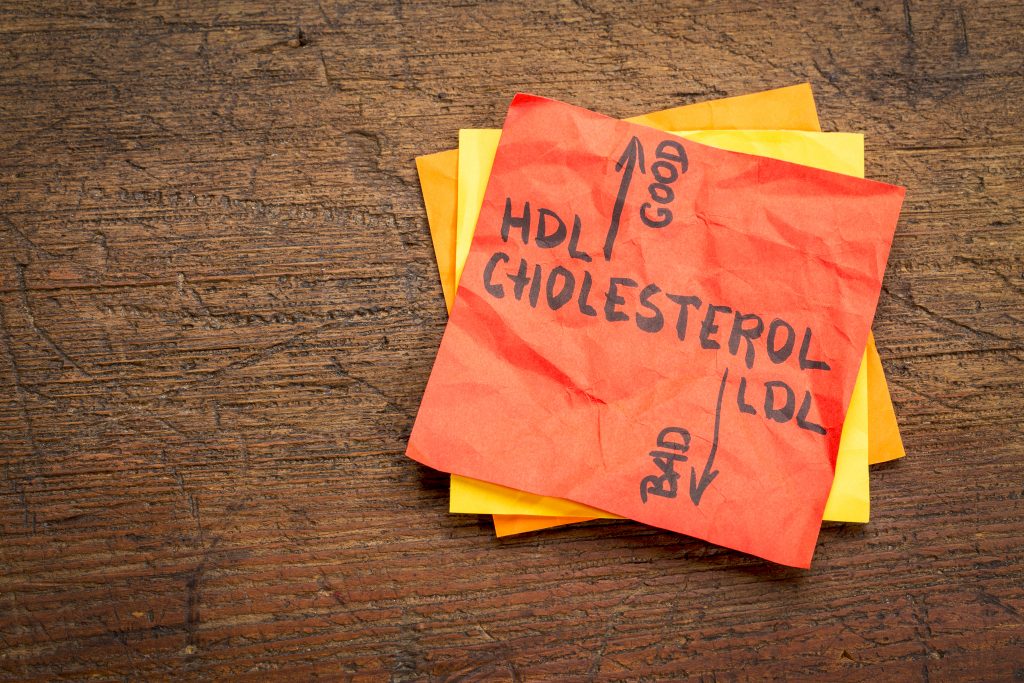Study shows resveratrol lowers bad cholesterol in women.

High cholesterol is something many battle with today. We constantly see advertisements telling us that we need to lower our LDL or “bad” cholesterol with this pill or that pill, and with good reason. Heart disease is the #1 cause of death in the US and high cholesterol is one of the major contributing factors that causes heart disease.
A recent study tested the effects of resveratrol, the antioxidant found in the skin of grapes, on LDL cholesterol in women. The study found a reduction of LDL cholesterol up to 15% in the women tested. See the study details below for more information.
The great news is that resveratrol is contained in each one of our 29 delicious flavors. So not only can you lower your cholesterol, but you can do it while enjoying your favorite, refreshing beverage.
Study Details
Does Resveratrol Lower Bad Cholesterol in Women?
To evaluate the effects of resveratrol on plasma lipids, inflammatory cytokines, and oxidative stress, a sample of 24 premenopausal and 20 postmenopausal women were randomly assigned to consume resveratrol or a placebo for 4 weeks. The resveratrol given to participants was rich in polyphenols such as, flavans, anthocyanins, quercetin, myricetin and kaempferol.
The loss of estrogen increases detrimental plasma lipids and apolipoproteins associated with CHD. Total cholesterol, total triglycerides and LDL cholesterol, also known as bad cholesterol, are three of the main risk factors for coronary heart disease (CHD).
Resveratrol lowers “Bad” Cholesterol – LDL
Plasma triglyceride concentrations, plasma LDL cholesterol and apolipoproteins were reduced after the intake of resveratrol. Results were more marked in pre-menopausal women (15%), than in post-menopausal women (6%).Bad cholesterol oxidation was not modified by the treatment. However, whole-body concentrations were significantly reduced after the intake of the resveratrol supplement. The resveratrol supplement also decreased the levels of plasma tumor necrosis which plays a major role in the inflammation process.